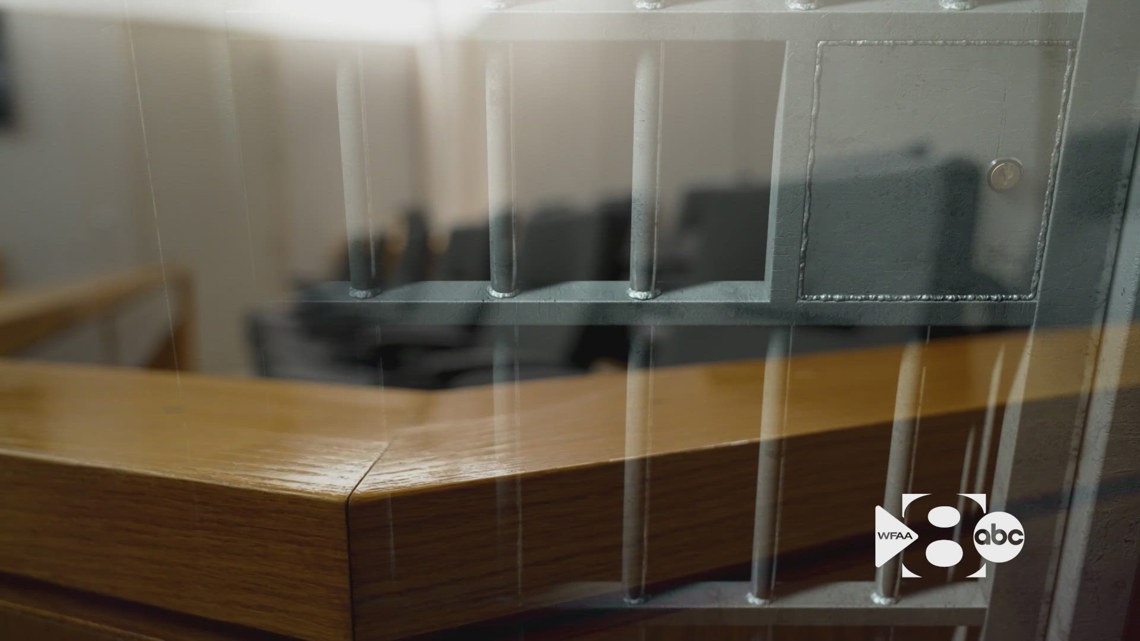“It’s about justice,” said Christopher Scott. Dallas County exonerees spotlight Texas’ struggle with wrongful convictions and the effort to prove innocence.
DALLAS — In Texas, convictions don’t always mean closure. For some, the story continues long after prison walls as they fight to prove their innocence.
The Lone Star State is among the states with the highest number of exonerations. An exoneration is an official finding that a person did not commit a crime.
According to the National Registry of Exonerations, 26 Texans were cleared in 2024 of crimes ranging from drug charges to child abuse and murder. In 2023, that number was 23.
Among the recent: Benjamine Spencer, who spent nearly 34 years behind bars before being released in 2021. It wasn’t until August 2024 that a Dallas County judge formally declared him innocent in the 1987 robbery and murder of a West Dallas executive.
“We can confidently say there is no credible or physical evidence linking Benjamine Spencer to this crime,” Dallas County Criminal District Attorney John Creuzot said during a press conference announcing the dismissal.
Spencer, who was 22 and newly married when he was arrested, missed raising his son and decades with his family. “I wasn’t able to hold him as a baby,” Spencer said. He faced two trials with no physical evidence in either case connecting him to the crime.
While in prison, Spencer wrote to innocence organizations. Centurion Ministries responded and believed him, spending years fighting for his innocence.
Dallas County has played a leading role in addressing wrongful convictions since the creation of its Conviction Integrity Unit (CIU) in 2007. Established under then-District Attorney Craig Watkins and expanded under Creuzot, the CIU has helped exonerate dozens of inmates.
Before the unit was formed, Dallas County had 12 exonerations. Since then, that number has grown by at least 34. Advances in DNA testing and preserved biological evidence in the county were key to many early cases, though more recent efforts focus on non-DNA cases, which can take years to unravel.
Texas compensates exonerees with $80,000 for each year of wrongful incarceration, plus $25,000 for each year spent on parole or the sex offender registry. Since 2009, the state has paid out more than $100 million, more than half of it to exonerees from Dallas County.
But advocates argue that money cannot replace lost years.
“It’s about justice,” said Christopher Scott, who was exonerated in 2009 after serving 13 years for a murder he did not commit. Scott, convicted on a vague suspect description and lone eyewitness testimony, now runs the House of Renewed Hope, a nonprofit supporting other inmates claiming innocence.
Scott recalls being convicted after a 2-hour trial and 20-minute jury deliberation. He said, “I had an all-White jury panel. My judge was White. My prosecutor was White. And my attorney was White.” His freedom came when another man confessed to the murder.
The impact of race remains a persistent concern. Of the 26 people exonerated in Texas last year, 19 were Black, two were Hispanic, and five were White. National data shows Black people are seven times more likely to be wrongfully convicted of murder than White people.
“I think to say that race plays no part would be a little foolish,” Creuzot acknowledged.
The Innocence Project of Texas estimates between 3,000 and 9,000 people in the state may currently be serving sentences from wrongful convictions. Scott said, “We have so many men and women that we left behind.”
While improvements in DNA testing and legal transparency have led to progress, exonerees and advocates stress that the system is far from perfect.
Cases take time, and in Dallas County, Creuzot said, “We recognize that mistakes have been made, but we are also willing to correct them.”
